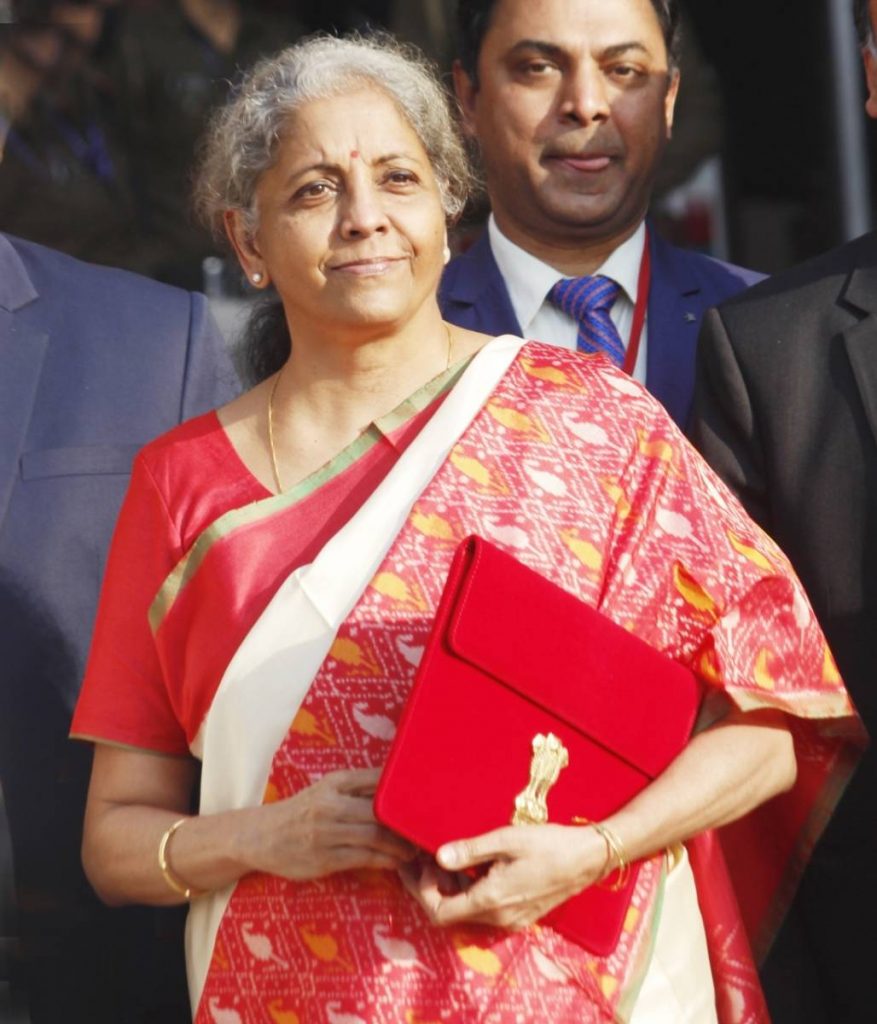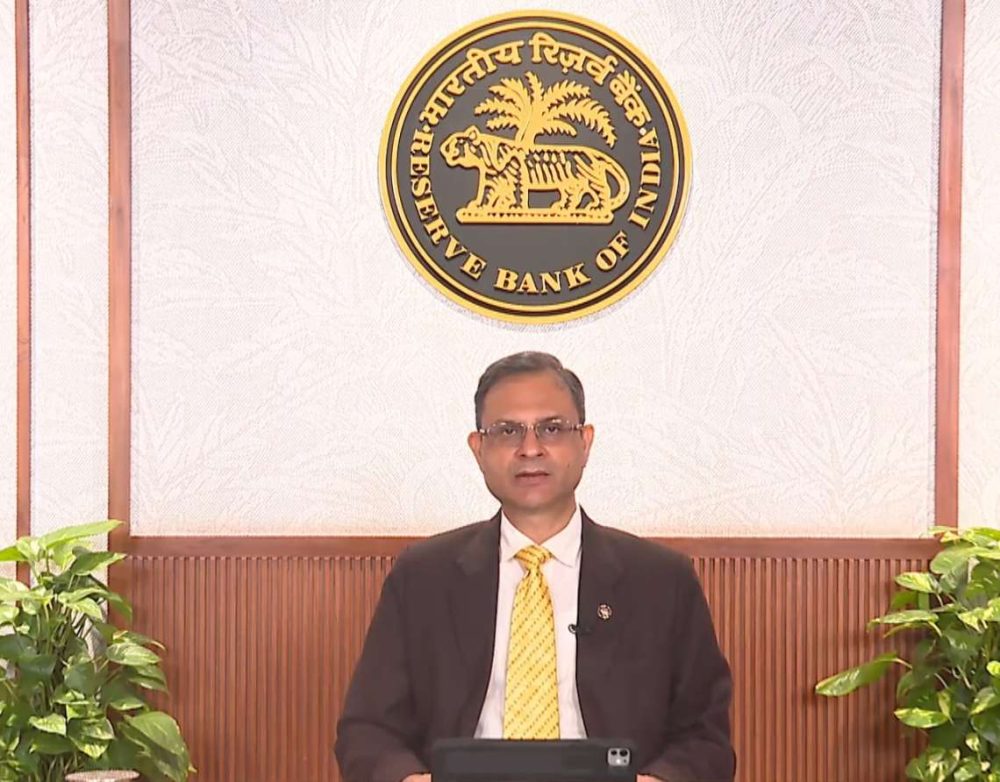As per a statement, it has also been clarified in the Budget that the tax will be applicable for consideration of sale of goods, irrespective of whether the provider owns the portal, and consideration of provisions of services irrespective of whether services are provided or facilitated by e-commerce operators….reports Asian Lite News
The Confederation of All India Traders (CAIT) has welcomed the Budget proposal to impose 2 per cent extra tax on foreign e-commerce companies whether engaged in business of sale of goods or providing services, acceptance of offer for sale, placing of purchase order, acceptance of purchase order, payment of consideration or supply of goods and services partly or wholly.
As per a statement, it has also been clarified in the Budget that the tax will be applicable for consideration of sale of goods, irrespective of whether the provider owns the portal, and consideration of provisions of services irrespective of whether services are provided or facilitated by e-commerce operators.
The provision has been made in the Budget by proposing amendments to Section 163 sub clause (3), Section 164 clause (cb), Section 165 sub section (3) and clause (b) of The Finance Act, 2016.
The provision will be applicable retrospectively with effect from April 1, 2020. All such foreign companies which are engaged in sale of goods or providing services through any online mode will come under the purview of this provision and will have to pay 2 per cent extra w.e.f. from April 1, 2020.
It’s a bold step taken by the government which has been heartily welcomed by the traders across the country, CAIT said.
National president of CAIT, B.C. Bhartia, and secretary general, Praveen Khandelwal, while appreciating the move, said that the proposal expands the definition of “online sale of goods” and “online provision of services”, thereby eliminating all confusions regarding what could be the true definition of e-commerce in India.
CAIT has welcomed the conceptual construct of this provision even as it studies its fine print. The provision amply reflects the intent of the government to crackdown on the the unholy business practices of global e-trailers to monopolise and control Indian e-commerce and retail trade, CAIt said .
Bhartia and Khandelwal informed that the introduction of equalisation levy is meant to create a level playing field and to prevent circumvention of tax laws on the digital transactions.
The Organisation for Economic Co-operation and Development (OECD) and the United Nations are also9 working on the issue, as there is a global consensus on bringing a mechanism to tax the digital economy adequately.
Though equalisation levy in India has undergone changes in 2020 from its introduction in 2016, certain changes have been introduced vide the Finance Bill, 2021
Also read:FM hikes Capex by 34.5% in FY22












